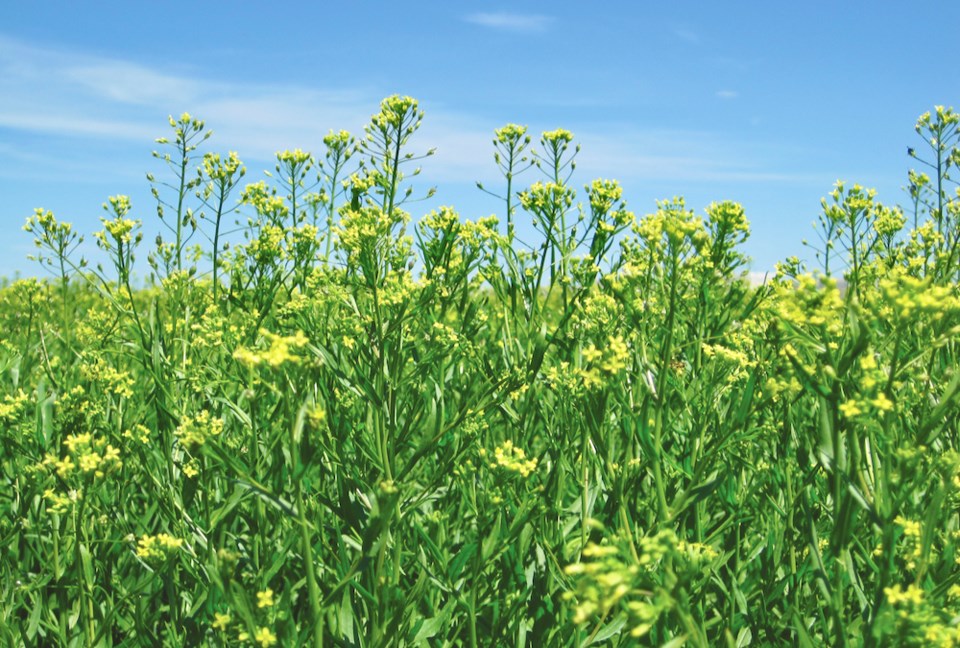The Longmont-based S&W Seed Company has recently signed an agreement with Shell to develop and produce sustainable feedstocks for biofuel production.
The joint venture aims to develop new varieties of oilseed plants, which can be processed into biofuel, animal feed and other products. The companies will focus on the development of camelina, which is recognized as a low greenhouse gas cover crop, said Mark Wong, chief executive officer with S&W Seed Company.
Cover crops are planted between the main crop growing seasons as a soil carbon sequestration strategy, he explained.
“We are trying to plant a second crop in the winter, basically, so we plant in the fall and we harvest in the spring, and that’s the idea of our joint venture with Shell, called Vision Bioenergy Oilseeds,” he said. “You’re going to sequester carbon, but you’re also going to make a crop that you can harvest for a profit.”
The S&W Seed Company will provide the seeds to farmers for their cover crops, and then buy back the crops and take them to crushing plants, Wong explained.
“Shell takes that oil and converts it to biodiesel,” he said. “They make now a diesel molecule that’s the same as the petroleum molecule — they’re exactly the same, and that wasn’t always the case — before you had to keep the green diesel separate sometimes from the regular diesel, because they were different molecules and you couldn’t mix them. But now the oil companies have figured out how to make one molecule.”
Taking petroleum out of the ground releases the carbon that’s been sequestered. Wong believes the joint venture can create biofuels that reduce carbon emissions from sectors such as aviation, marine and heavy-haul transportation — industries that require energy-dense fuel.
“The camelina oil is about 75% more carbon efficient than petroleum,” he said. “These are the big industries that use diesel — so ships, and long-haul trucking … a long-haul trucker doesn’t have a whole lot of time necessarily to pull over and recharge a big battery — he wants to diesel up and go. So these high-density liquid fuels are still going to be in high demand, and we can figure out how to produce them without the carbon footprint.”
S&W Seed Company has to pay close attention to the impacts of greenhouse gas emissions, Wong said.
“Because of what we do, we’re very cognizant of climate change — we see where there’s no rain, where there used to be, we see temperature changes — because seeds are very sensitive to daylight, so the latitude that you grow them at is important,” he said. “So we’re very involved with the climate.”
S&W Seed Company, which was founded in 1980, supplies crop products such as alfalfa, stevia, sorghum and pasture seeds to farmers around the world.
“Farmers are great people and they’re fun to work with, and they appreciate performance in their seed,” Wong said. “You have to have a seed that works well for them, or they won’t buy it a second time, that’s for sure — they’re sort of like the ultimate gardeners, always interested in Mother Nature.”
The company has facilities in Texas, Idaho and Australia, in addition to its Longmont headquarters.
“S&W is proud to be in Longmont … we think it’s a great place to have an office,” Wong said. “It’s the center of all our business.”



